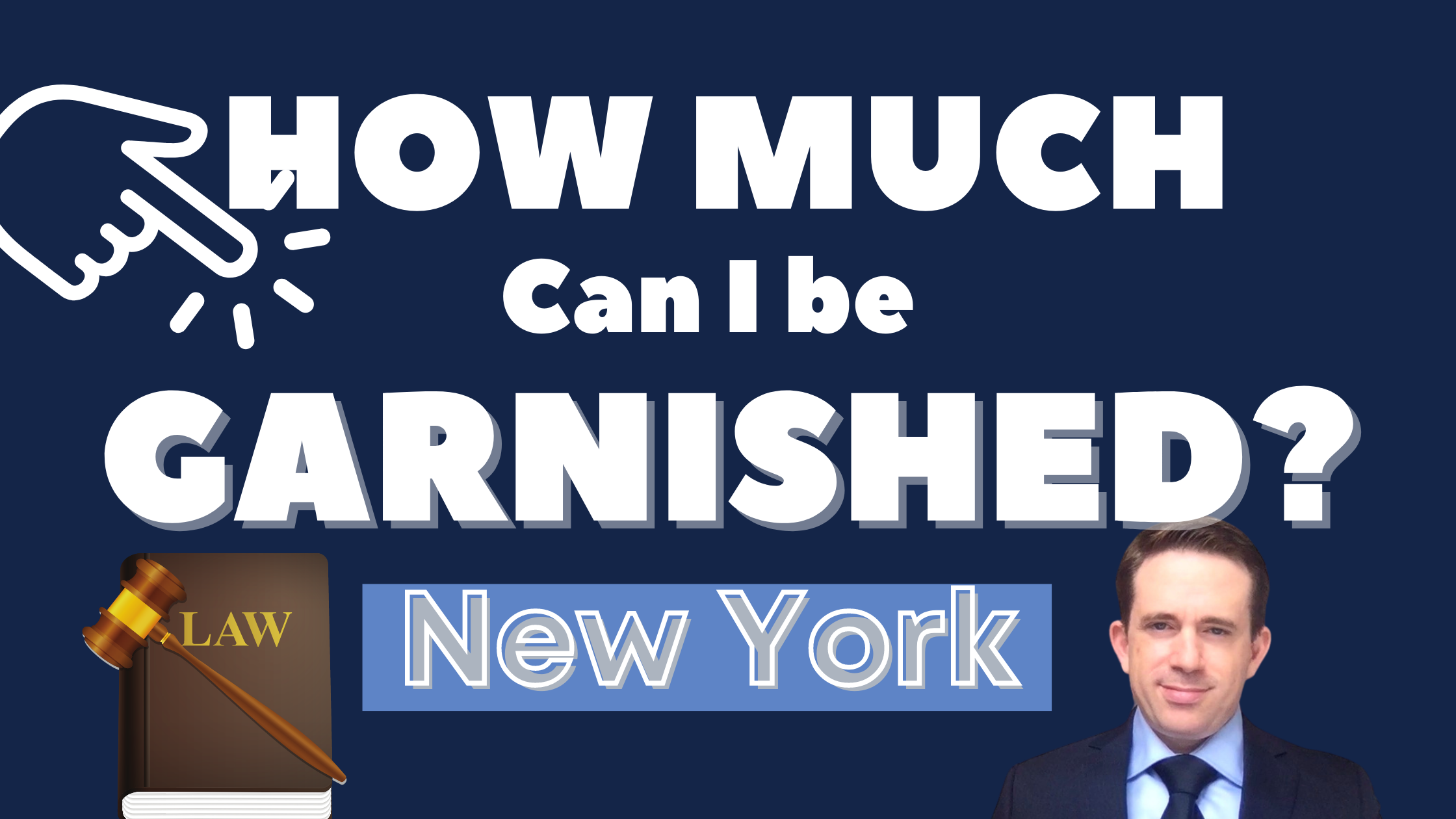We Defend You Against
Main Street Acquisition Corp.
The Langel firm defends consumers against New York state court collection lawsuits brought by Main Street Acquisition Corp. We defend against collection lawsuits, and wage garnishments, and bank freezes. In appropriate cases, we may also take action Main Street Acquisition Corp. for violations of the Fair Debt Collection Practices Act, Fair Credit Reporting Act, and other applicable laws.
Main Street Acquisition Corp. is often represented by Forster & Garbus, LLP, Tromberg, Morris & Poulin, PLLC f/k/a Stephen Einstein & Associates, P.C., and Smith, Carroad, Levy & Finkel, LLP. Main Street Acquisition Corp. purchases defaulted consumer debt to collect and sue on them.
If you need help, call us at (888) 271-7109 or complete this form.
Main Street Acquisition Escapes Liability for its Attorney's Requests for Admissions
In Clark v. Main St. Acq., the plaintiff accused Main Street Acquisition of violating the Fair Debt Collection Practices Act (FDCPA) through its requests for admissions. The court dismissed the claim that an affidavit equates to an accounting statement and refuted that the defendant knowingly made false "costs" statements. The plaintiff also failed to substantiate why she shouldn't pay the alleged debt. Crucially, the court noted the absence of evidence indicating the defendant's control over or knowledge of the admission requests, essential for FDCPA vicarious liability. The case concluded with the defendant's motion for summary judgment upheld. Clark v. Main St. Acquisition Corp., Case No. 1:12-cv-408 (S.D. Ohio May. 24, 2013).
Side note: What are Requests for Admissions in Law?
Requests for admissions in the context of collection law, and in relation to the Fair Debt Collection Practices Act (FDCPA), could involve affirming or negating specific facts about the debt or actions taken to collect it. For example, a request could be, "Admit that you, as the debt collector, contacted the debtor at their workplace after being notified it was not allowed," reflecting a potential violation of FDCPA provisions. Or, "Admit that the debt in question was sold by the original creditor to your collection agency on a specific date," would confirm the legal basis for the collection attempt. If these requests are not responded to within a certain timeframe, these facts may be considered as admitted, thus shaping the legal proceedings under the FDCPA.
Main Street Acquisition Granted Summary Judgment Despite Alleged FDCPA Violations
In Katz v. Main Street Acquisition Corp. (S.D. Cal. 2012), the United States District Court for the Southern District of California granted Main Street Acquisition Corp.'s motion for summary judgment. The plaintiff consumer in this case brought action under the FDCPA after receiving notice of a debt collection lawsuit filed against her in a lower court.
The plaintiff consumer alleged that Main Street falsely represented the character, amount, or legal status of her debt, used false representation or deceptive means in collecting or attempting to collect the debt, and collected or attempted to collect an amount unauthorized by law or agreement.
Main Street claimed that it purchased the plaintiff's debt from Wells Fargo in 2010. Later that year, Main Street retained counsel to assist in collecting the debt. Main Street alleges that its counsel sent an initial demand letter to the plaintiff, advising of her right to dispute the debt, but the plaintiff never replied. The plaintiff denies ever receiving this written communication.
Later in 2011, after she was served with the summons and complaint, the plaintiff sent Main Street's counsel a request for validation. Because this request was outside the 30-day period mandated by the FDCPA, Main Street's counsel had no legal obligation to respond, but still sent the plaintiff a letter with verification of the debt. The plaintiff asserted that she never received this response to her request.
In assessing Main Street's motion for summary judgment, the court found that the plaintiff consumer did not provide any evidence to create a genuine issue of material fact whether Main Street and its counsel made false, misleading, or deceptive statements, or used unfair or unconscionable means of collecting the alleged debt.
The Court further found that the plaintiff's complaint merely "parrot[ed] language from the [FDCPA] without explanation or factual support." However, because courts are inclined to liberally construe a pro se plaintiff's pleadings, the court read her complaint in conjunction with the arguments made in her opposition to the motion for summary judgment. The court thus found that the plaintiff's allegations of misrepresentation and deception were rooted in Main Street's alleged failure to prove its authority to collect on the amount in question.
Although it construed the plaintiff's allegations liberally, the court still found that the plaintiff failed to provide evidence supporting her claims – she simply stated that Main Street did not prove that the debt was valid, and failed to cite any authority requiring them to do so.
The Court thus found that Main Street demonstrated the plaintiff consumer's failure to make a sufficient showing of a false or misleading statement, or that Main Street attempted to collect an unauthorized amount. The court accordingly granted Main Street's motion for summary judgment, and ordered the clerk to close the file.
Main Street Acquisition Corp. Biographical Information
Main Street Acquisition Corp. is a foreign business corporation incorporated in Nevada and is principally located at 3715 Davinci Court, Suite 200, Norcross, Georgia, 30092. It is licensed (#1325838) by the Department of Consumer Affairs to collect debts in the City of New York.
More information to help with a wage garnishment:
- Receive a Notice of Garnishment? Here’s a Summary of New York Law
- How much of my wages can be garnished? Summary of New York Law
- Vacating a Default Judgment in New York: 8 Fine Points
Here is a list of New York City’s Marshals who enforce wage garnishments:
- City Marshal Ronald Moses
- City Marshal Bruce Kemp
- City Marshal Gregg E. Bienstock
- City Marshal Martin Bienstock
- City Marshal Henry Daly
If you need help, call us at (888) 271-7109 or complete this form.



